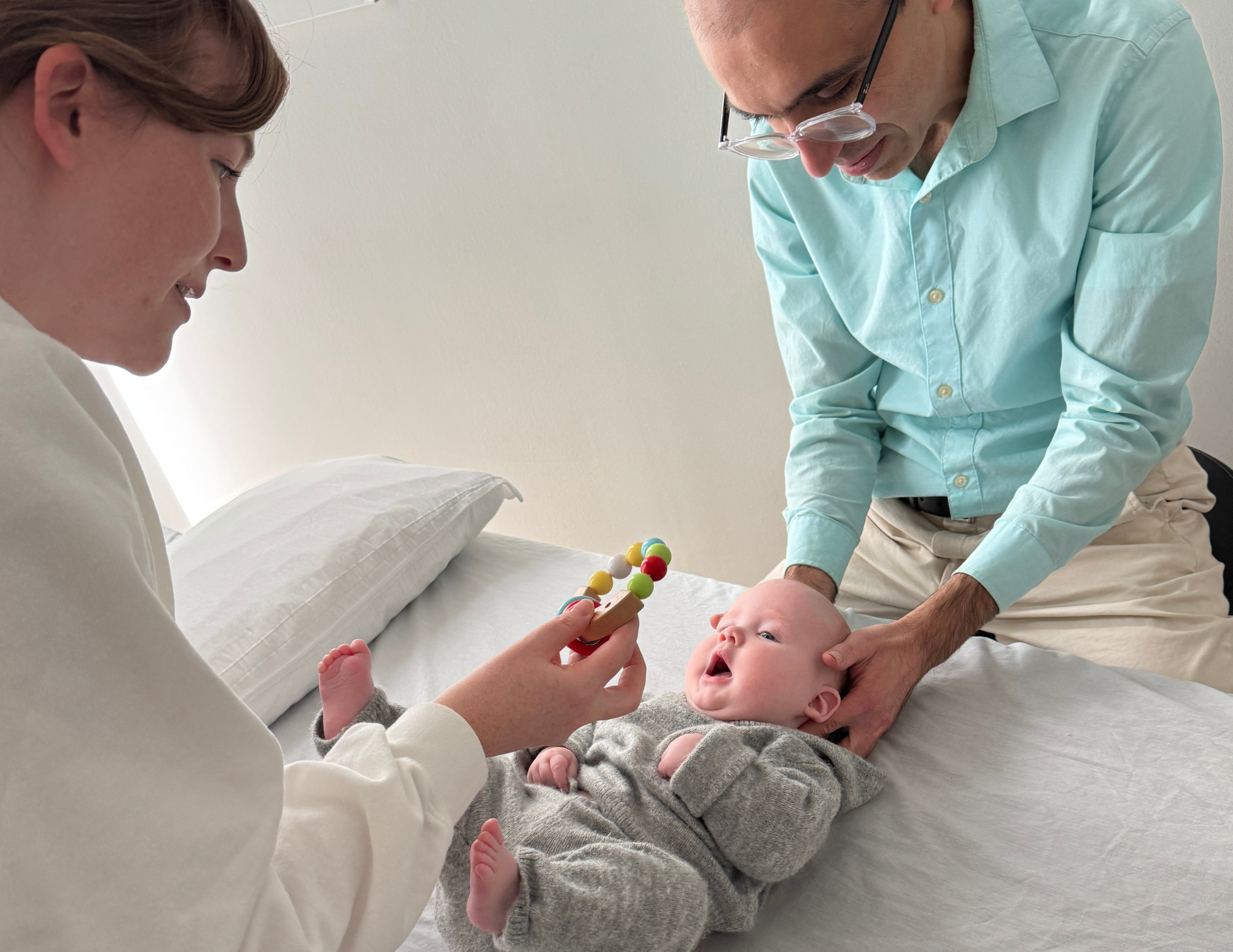
Social Workers and Psychotherapists: What’s the Difference?
When navigating your mental health journey, you may come across many different types of professionals offering support. Two common types of mental health counsellors (aka therapists) you will find here in Ontario are Registered Social Workers (RSWs) and Registered Psychotherapists (RPs). If you’re wondering, “What’s the difference between a social worker and a psychotherapist?” you’re not alone! While these two professionals come from distinct backgrounds, they often provide very similar services when it comes to mental health counselling. Let’s explore how they differ, but also why they’re so alike in the work they do.
Different Education Paths, Same Destination
At their core, both registered social workers and registered psychotherapists are committed to helping people improve their mental health and well-being. Whilst RPs and RSWs are trained through a different lens, their ongoing training and education tends to blend as both bring together the complex understanding of the individual within their environment. Individual RPs or RSWs may choose to orient and educate themselves on different theoretical approaches. Both are trained and qualified to provide support, tools, emotional processing, and deeper exploration that helps facilitate meaningful change in people’s lives. Below we provide more information:
Registered Social Workers (RSWs)
When people hear "social worker," they often picture professionals in schools, hospitals, or social service agencies. However, the role of a social worker is much broader and includes individual, couples, and family mental health counseling and psychotherapy. RSWs receive specialized university education and are required to engage in ongoing professional learning and skill development to meet the standards set by their regulatory body, the Ontario College of Social Workers and Social Service Workers.
Social workers providing psychotherapy sessions are trained to look at individuals holistically, meaning they focus on what’s going on inside a person’s mind as well as the bigger picture—your family, community, and socio-economic background—and how these factors influence your mental health. Social workers use this understanding to tailor their approach, combining resources, psychotherapy techniques, and social interventions to help address challenges.
Social workers who are psychotherapists receive specialized training in various therapeutic approaches such as cognitive-behavioral therapy (CBT), emotion-focused therapy, and other methods aimed at helping clients understand and manage their emotions, thoughts, and behavior. Each psychotherapist brings a unique approach to their practice, influenced by their training and areas of specialization. Many adopt a holistic perspective, considering both systemic and environmental factors alongside individual experiences.
Registered Psychotherapists (RPs)
Registered Psychotherapists (RPs) or (RPs (Qualifying)) receive specialized training in various therapeutic techniques, such as cognitive-behavioral therapy (CBT), emotion-focused therapy, and other methods aimed at helping clients understand and manage their emotions, thoughts, and behaviors. Each registered psychotherapist brings a unique approach to their practice, influenced by their training and areas of specialization. Many adopt a holistic perspective, considering both systemic and environmental factors alongside individual experiences.
They are specifically trained in psychotherapy, or "talk therapy," which involves a deep exploration of emotions, thoughts, memories, and behaviors. Although they cannot diagnose mental health conditions, RPs work closely with individuals to address and manage symptoms effectively.
In Ontario, RPs are licensed professionals who have completed the required education and supervised practice as mandated by the College of Registered Psychotherapists of Ontario (CRPO). An RP (Qualifying) is currently working on fulfilling their supervision requirements and both are authorized to practice psychotherapy under Ontario's Psychotherapy Act.
Common Ground: Helping Navigate Your Mental Health
Despite their slightly different educational backgrounds, RSWs and RPs at Rooted Family Wellness Centre often end up doing very similar work. Both can offer one-on-one counselling sessions, help you process your emotions, and give you tools to navigate life’s challenges. Whether you see an RP or an RSW, you’re likely to work through issues like stress, anxiety, depression, relationship challenges, trauma, or life transitions.
What Makes Them Similar?
- Therapeutic Approaches: Both social workers and psychotherapists use evidence-based approaches to support your mental health. These can include Cognitive Behavioral Therapy (CBT), mindfulness practices, trauma-informed therapy, and more.
- Non-Diagnostic Role: Neither RSWs nor RPs can diagnose mental health disorders. That role typically falls to psychologists or psychiatrists. However, both professionals are skilled in addressing and treating symptoms of mental health challenges, and they often work closely with individuals experiencing conditions like anxiety, depression, or PTSD.
- Client-Centered Care: At the heart of both professions is a deep commitment to supporting clients. Both social workers and psychotherapists create a safe space where clients can express themselves, explore their feelings, and develop strategies for improving their well-being.
How to Choose the Right Professional for You
In practice, the roles of RSWs and RPs at Rooted Family Wellness Centre overlap more than they differ. Many social workers offer therapy that looks very similar to what a psychotherapist would provide, and vice versa. Both professionals undergo continuous education and training, often adopting similar therapeutic techniques to best support their clients.
So, how do you choose between an RSW and an RP? It usually comes down to personal preference and the unique style of the individual therapist. At Rooted Family Wellness Centre, our mental health team offers psychotherapy and counselling provided by RSWs and RPs. If you are looking for support in your mental health journey, you can confidently book with any of our mental health counsellors. It is always encouraged to book free virtual consultations if you feel you want to clarify an area of expertise or experience, personality fit, or specific theoretical framework. You are welcome to book these sessions with multiple people before deciding. Additionally, if you’re using insurance benefits, it’s worth checking whether your plan covers social workers, psychotherapists, or both. Some plans may only cover one of these titles, so it’s always a good idea to double-check.
At the end of the day, both our registered social workers and registered psychotherapists are here to help you on your mental health journey. While each therapist may approach things from slightly different angles, they’re all dedicated to supporting you in the way you need. The key is to find someone who resonates with you and your specific concerns. If you’re ready to take the next step, we encourage you to book a free virtual consultation to find the right fit for you!
Please note that regulations are set at the provincial or territorial level, so requirements may vary across provinces in Canada. For complete details on professional regulations, refer to the websites of the relevant provincial and professional regulatory bodies.



.png)